After an opening ceremony in which the actress Camille Cottin shone with her discretion and professionalism as mistress of ceremonies, taking over from the cloying Virginie Efira, and still impressed by the magnetic presence of the honored Meryl Streep, who received her Palme d’Honneur from an overacted and sultry Juliette Binoche, it was up to Quentin Dupieux to raise the curtain on the 77th Cannes Film Festival with his comedy The Second Act (Le deuxième acte, 2024).
Starring Léa Seydoux, Vincent Lindon, Louis Garrel, and Raphäel Quenard, the latest film by the director of Yannick (2023), returns to its young protagonist in a story that, like a series of Chinese boxes, explores the meta-textual multiplicity of its discourse. It is the talent of the five actors, including Manuel Guillot, the waiter in the restaurant named after the film’s title, that drives it with a verve that sometimes falters, but still seduces us. The pleasure of seeing them ‘represent’ and adding another dimension to reality, that of seeing real actors with their background (and typecasting) playing other professionals who we believe to be so different from them, and at the same time being their characters, is a trump card well played by Dupieux, even if some of the gags are too predictable.
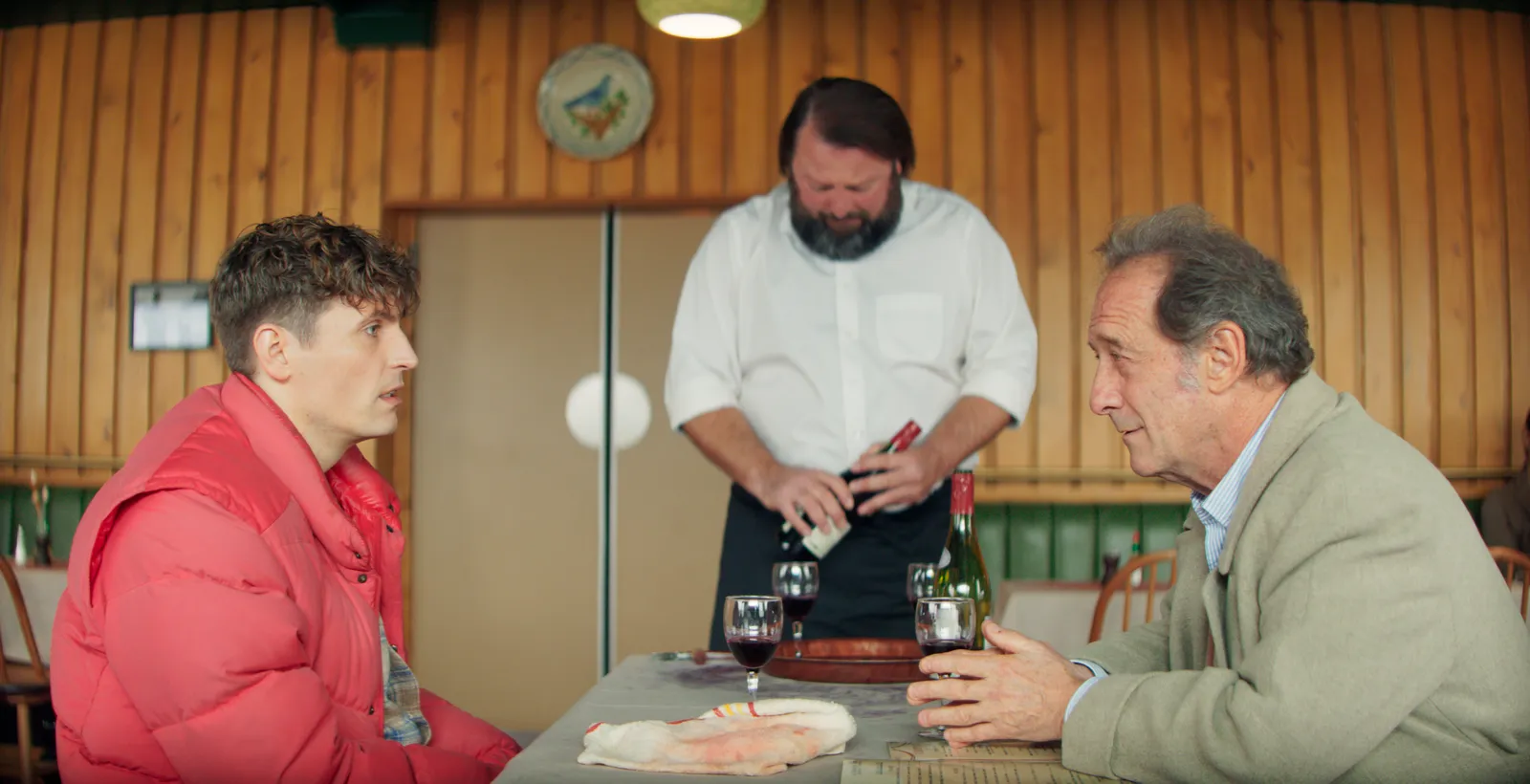
In this ‘’talkie‘’, the conversations between the actors shooting the film slide from script to improvisation and from there to ‘’reality‘’, to cross the sacred red lines of political correctness and cancellation with the consequent reprimand (that cannot be said in a film, a private conversation is another thing) and it is where the director shows his cards, denounces for example that homophobia and transphobia have not been overcome, even if the codes of inclusivity are assumed. Dupieux leaves no facet of the profession untouched: the fragility of the actors, their ambitions and need to work in food roles when in reality they aspire to work with Paul Thomas Anderson, the jealousies, the obstacles, the personal tolls of dedicating oneself to a demanding profession, the stage fright and, to top it all off, a dystopian pirouette.
When we realize that the director of the film they are shooting is a virtual entity, that Artificial Intelligence is writing and making a film, giving directions to the actors, and that the actors are looking at the screen of a laptop computer held by an assistant, we move one step closer to the sinister future of cinema. Watching them nod, happily acknowledging praise and sincerely caring about criticism, signing off without the possibility of debating or questioning the directions, is perhaps not so far from the present. The very craft of acting and its transcendence is called into question by the actors‘ relatives, who, through the mother —chatting on her mobile phone while operating on an open heart— and the daughter —comparing the normality of the profession of her friends’ parents with that of Florence (Seydoux)—, embody an exercise in ironic self-pity.
https://www.youtube.com/watch?v=g8yYHcnVhGs
Without us coming to appreciate any transgression worthy of the name, The Second Act is a mostly amiable film, like a deactivated Buñuel, where the characters walk with a determined step while talking, without us knowing their destination, in the great set of nature, where a similar scene could be explained after a mishap with their car, for example. The discordance between their actions and their context, in which we feel them isolated as if a spotlight were shining on them on a road or a meadow, but also when they arrive at the restaurant where nothing goes as expected —the actor-waiter’s trac makes him pour the wine in an interminable scene, Willy (Quenard) bleeds from the nose and David (Garrel) comments on the scene with the extras— serves Dupieux to capture that trademark of the house that consists of estrangement. No one is where they should be, even if they appear to be, and the extraordinary is normalized. In this game of identities and realities, which he also hinted at in Yannick, the director goes a step further, verbalizing through the dialogue headed by David a theory about fiction and reality, where he defends the possibility that we are misnaming it, confusing that what we represent is also true, meanwhile, Florence dictates that reality is reality, full stop.
The Second Act is full of ideas that emerge and disappear, some developed and others hinted at, on a style unmistakably his own, both in terms of the particular concept of comedy and the distancing —and what some critics call surrealism— while its structure, perfect, closes with a magnificent and very long tracking shot that shows us the almost infinite rails on which the camera glides along a meadow. The focus now is not on the scene, the protagonists are not the actors or the landscape, but the underside of the fabric, uncovered in its pure nakedness and without noise.

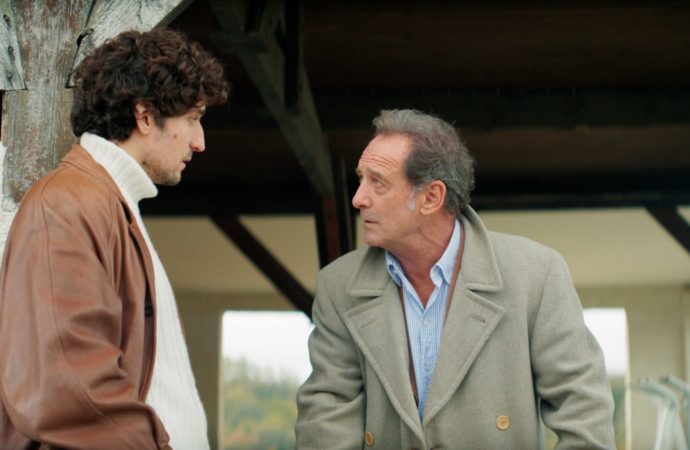

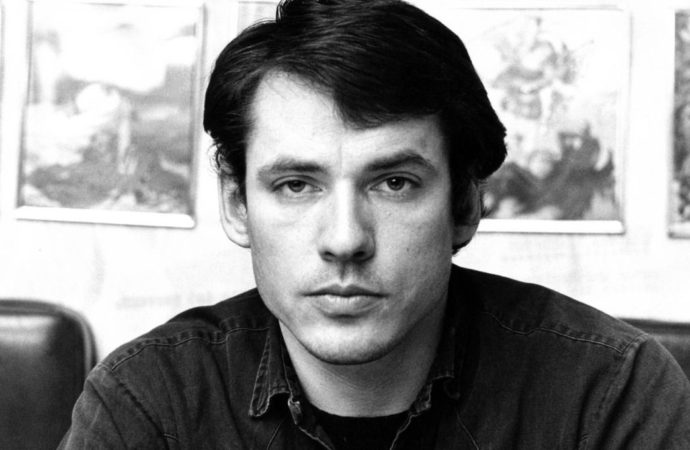
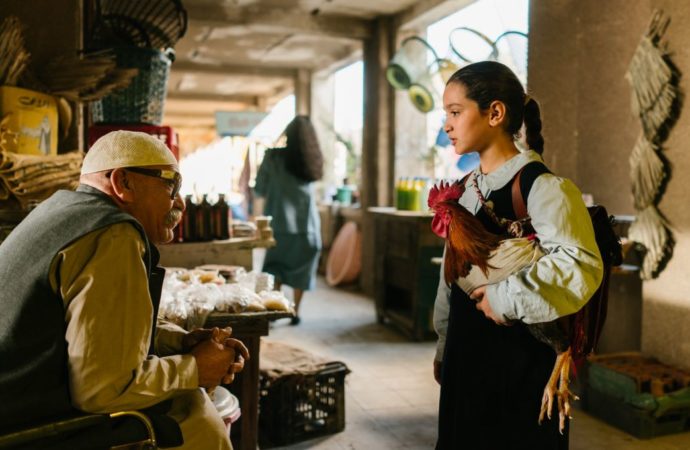
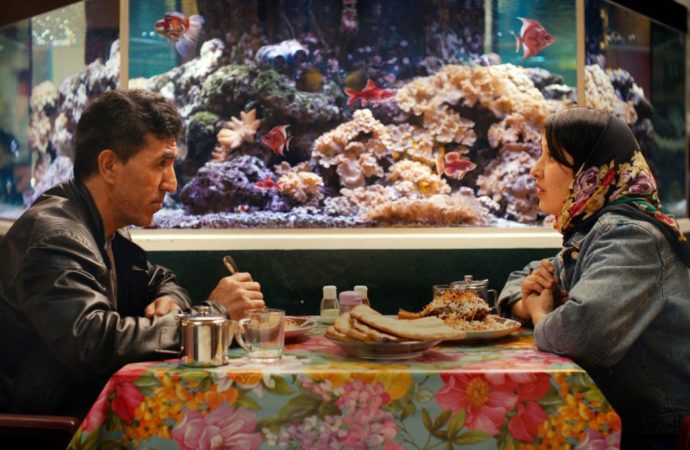

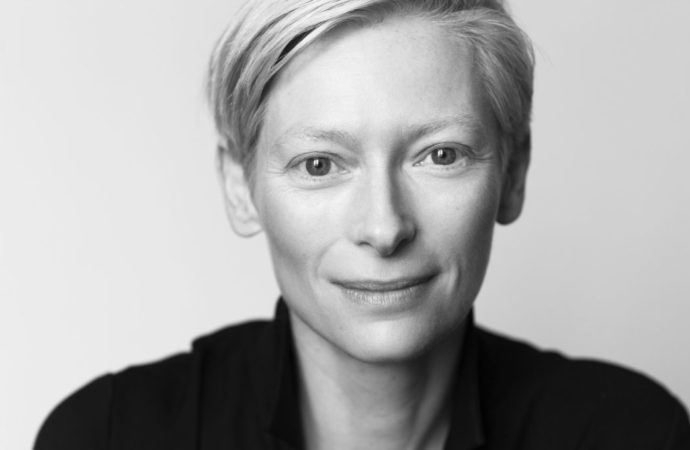
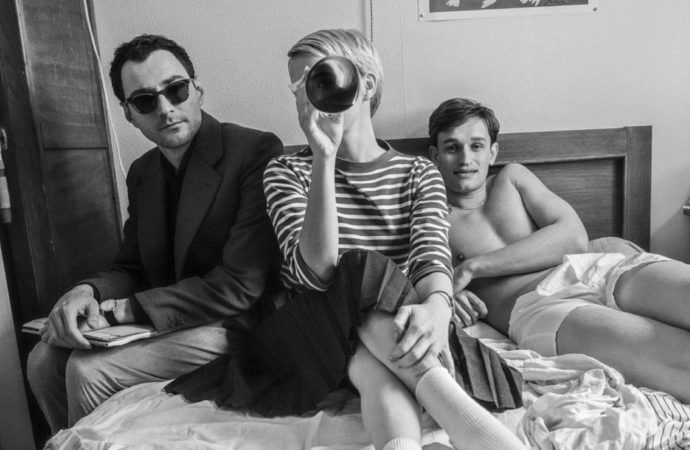
No one has posted any comments yet. Be the first person!